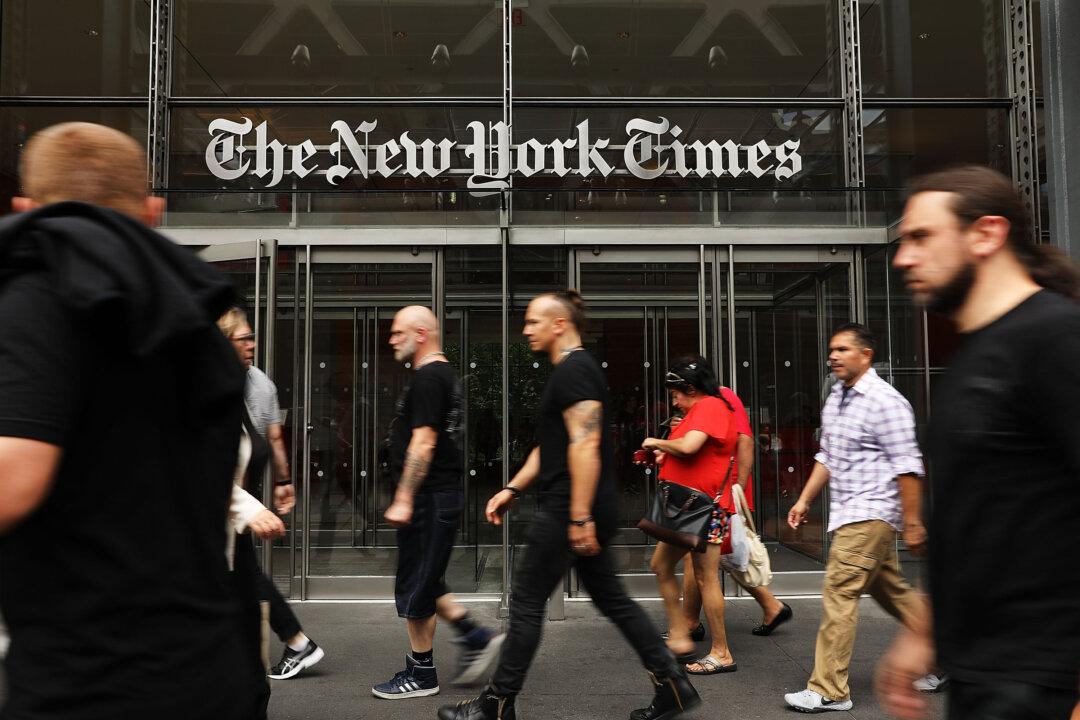The Chinese regime is set to expel U.S. journalists based in China who work for The New York Times, The Wall Street Journal, and The Washington Post in retaliation for the Trump administration’s recent actions targeting Chinese state-run media outlets in the United States.
The ministry also announced that it would require China-based branches of Voice of America, the New York Times, Wall Street Journal, Washington Post, and Time magazine to report information about their staff, finances, operations, and real estate in China. That measure, it said, was in response to the United States designating the five state-run outlets as foreign missions.





